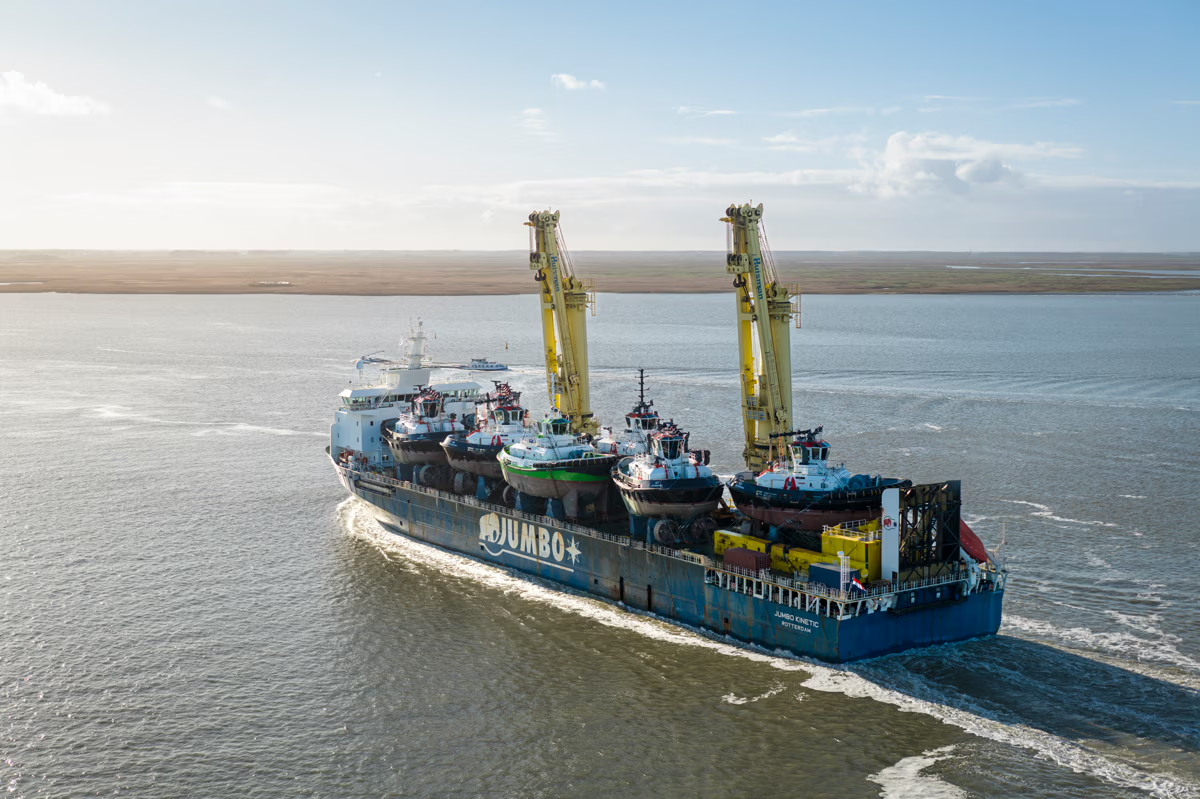Current radiation levels in Japan and travel advice
Health or transportation safety hazards Radioactive material from the damaged Fukushima Daiichi plant is gradually spreading outside Japan into the global atmosphere but at extremely low concentrations that do not present health or transportation safety hazards, according to the United Nations organizations closely monitoring the situation.Japanese authorities confirm that all airports in the country, with the exception of Sendai which was affected by the tsunami of 11 March, continue to operate normally for both international and domestic operations. Continuous monitoring around these airports confirms that radiation levels are well within safe limits from a health perspective. For updates, travellers visiting Japan by air are advised to consult a dedicated website established by the Japanese Civil Aviation Bureau: http://www.mlit.go.jp/koku/flyjapan_en/.Japanese authorities also confirm that all international seaports not damaged by the earthquake and tsunami are operating normally and that no health risk has been detected around the ports, based on the results of measurements of radiation levels by local governments. Further information covering all aspects of the response of the Ministry of Land, Infrastructure, Transport and Tourism of Japan, as well as information regarding the radiation dose in Tokyo Bay can be found on the following websites:http://www.mlit.go.jp/page/kanbo01_hy_001411.htmlhttp://www.mlit.go.jp/kowan/kowan_fr1_000041.htmlScreening for radiation of passengers arriving ...
Read moreDetails

















































